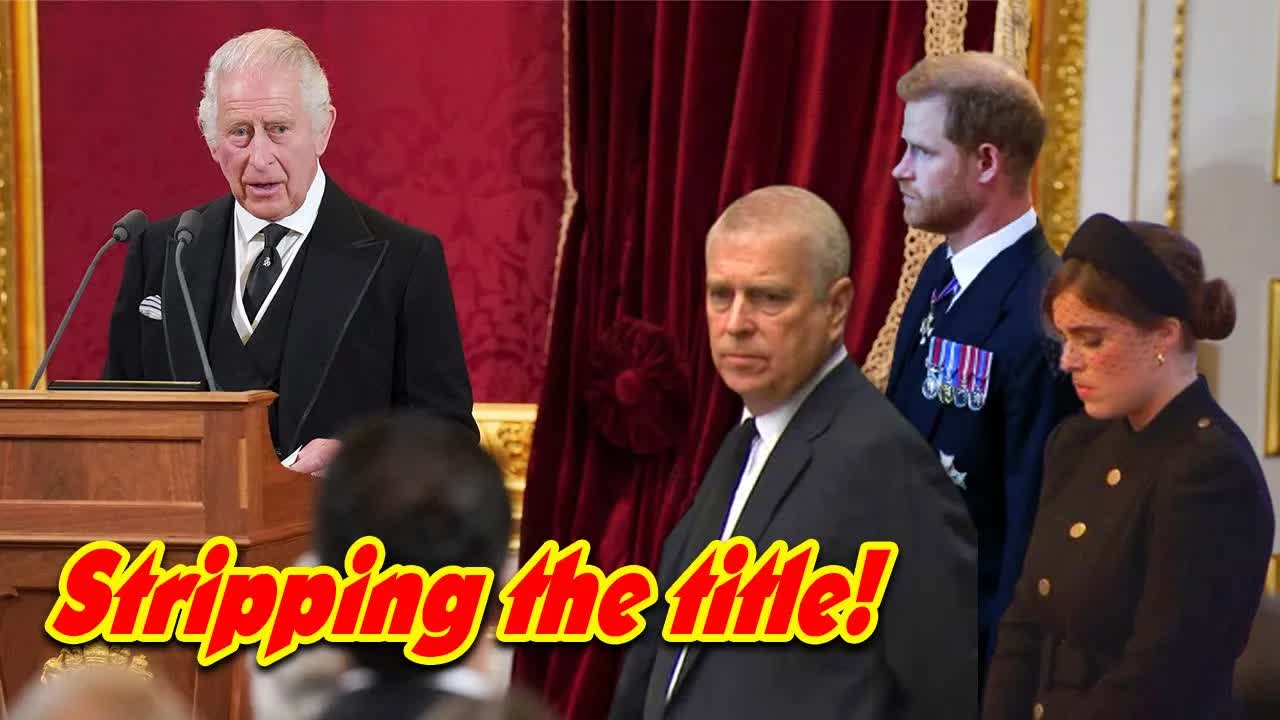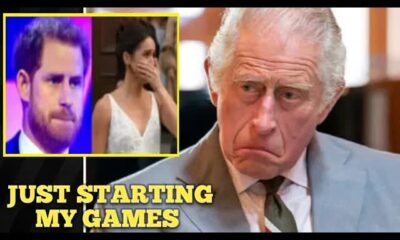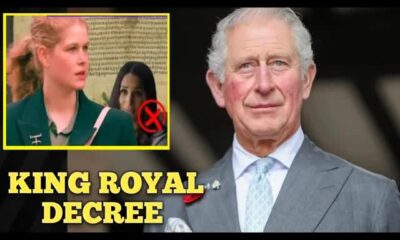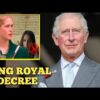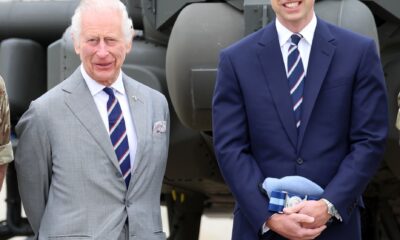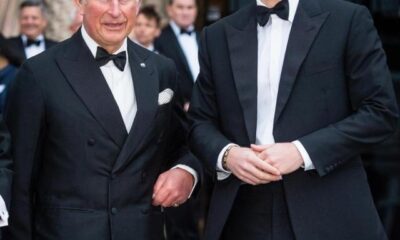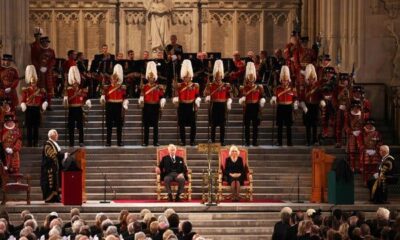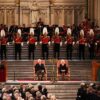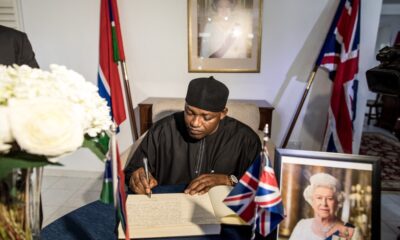The News
King Charles III Seeks to Reshape Royal Counselors’ Roles
In a move that could significantly alter the dynamics within the British monarchy, King Charles III is reportedly looking to change the law governing who can serve as counsellors of state.
This potential shift could see Prince Harry, Prince Andrew, and Princess Beatrice stripped of their current roles, marking a notable departure from traditional royal practices.
Currently, the 1937 Regency Act designates certain individuals as counsellors of state, allowing them to perform essential constitutional duties when the monarch is unavailable due to illness or absence.
This list includes the monarch's spouse and the next four adult heirs to the throne over the age of 21.
As it stands, Harry, Andrew, and Beatrice are among the five individuals in this role, despite not being active members of the royal family.
Reports indicate that King Charles recognizes the oddity of having non-working royals in such pivotal positions.
The Telegraph has revealed that the King is advocating for an amendment to the existing law, which would limit the role of counsellors to only those actively engaged in royal duties.
Should this amendment take place, it would effectively remove the titles from Harry, Andrew, and Beatrice.
This proposed change comes amid ongoing discussions about the future of the monarchy and how it adapts to modern expectations.
Various commentators have voiced their opinions, urging Buckingham Palace to push for a legislative change that would relieve Andrew and Harry of their counsellor responsibilities.
However, any alteration to the law must be approved by the Houses of Parliament, adding another layer of complexity to the situation.
Charles appears poised to act swiftly in pursuing this adjustment.
If successful, the amendment could elevate Prince Edward and Princess Anne—both of whom are considered prominent working royals—to the role of counsellors.
This would not only align the positions with active members of the royal family but also reinforce the idea of a streamlined monarchy.
Historically, the Dukes of York and Sussex were already designated as counsellors during Queen Elizabeth II's reign, alongside Prince William and the former Prince of Wales.
With Charles now on the throne, the roles have expanded to include Queen Camilla and Beatrice, but the King seems eager to refine this list further.
The implications of such a change could resonate throughout the royal family.
It would signal a clear shift towards a more functional monarchy, one that prioritizes active participation in royal duties over mere lineage.
By redefining who qualifies as a counsellor, Charles may be setting the stage for a more engaged and relevant royal family moving forward.
As discussions unfold, the public and royal watchers alike will be keenly observing how this situation develops.
The potential reshuffling of roles could redefine relationships within the palace and alter the public perception of the monarchy in the years to come.
In essence, King Charles III's desire to amend the law reflects a broader vision for the monarchy—a vision that embraces change while acknowledging the institution's historical roots.
Whether this proposed shift will gain traction remains to be seen, but it undoubtedly indicates a willingness to adapt to contemporary realities.


